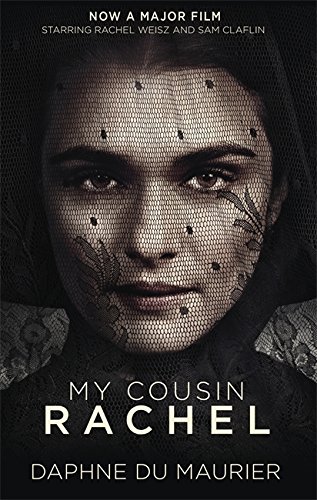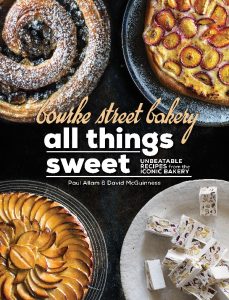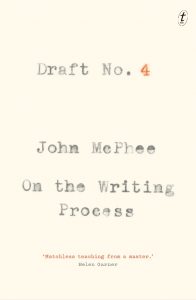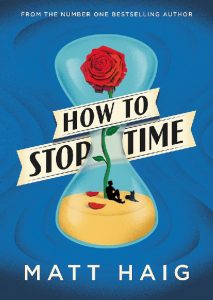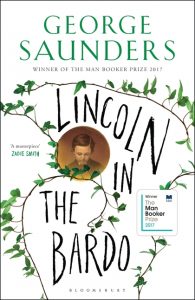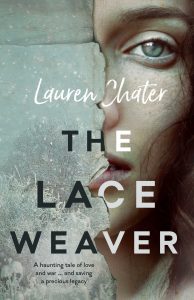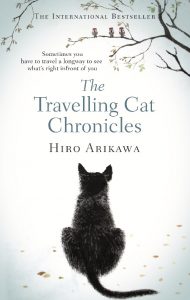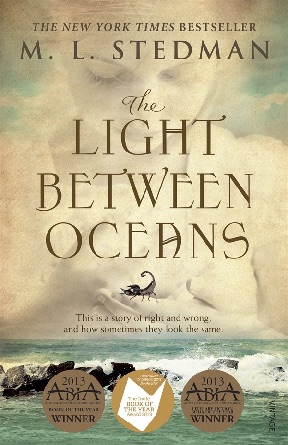Review: My Cousin Rachael by Daphne Du Maurier
February 13, 2018 | My Cousin Rachael by Daphne Du Maurier is published by Hachette. Available now RRP $19.99, ebook $11.99.
I first read this book as a teenager. Back then, with limited experience of the romantic variety and certainly no actual understanding of Cornwall and country life, it was Phillip’s story that drew me in. The mystery, the obsession, the ending; all of it beautifully written, haunting in quality, leaving a mark on me that has lasted all these years.
So, as an adult I came back to it, excited that there was a film being made, but a little worried too (I always am when a book is made into a movie). Would it be faithful? Would it be better? Would it live up to my imagination or even be better than I could imagine?
Great fiction doesn’t have an expiry. When you read it, the writing draws you back in, it’s timeless. Sometimes there’s a surprise in the content and it highlights how much society has changed or how much the reader has changed. It can be as glorious as the first time. It can also be terrible. Most importantly, great fiction, great writing, must have the ability to give the reader new meaning on each read.
I’m not a teenager anymore. I’m an adult and a parent, a partner. I write. I’ve had sorrows and joys and experienced the world a little more. Reading MY COUSIN RACHAEL again was a revelation.
This is the story of Philip, whose older cousin Ambrose takes him in when his parents die, and makes him his heir. Together, they live a quintessential bachelor life. When Ambrose falls ill and is sent abroad to recuperate, Philip is left to manage the property. All is well. Until the letters begin to talk of Rachael, a woman who has captured Ambrose’s attention for her beauty and botanical knowledge. Before long they marry, and Philip feels the teetering of the world he has known, but most of all, he is rocked by the loss of the closeness to Ambrose (who is still in Italy).
As he struggles to come to terms with these feelings, letters from Ambrose begin to arrive. Erratic at first, paranoid at last, before a final desperate plea for Philip to come and save him from Rachael who he believes is trying to kill him. Philip rushes away, only to discover that Ambrose has died and Rachael has disappeared. He returns to Cornwall.
Then Rachel arrives and throws his world, his grief, what he thinks he knows, into chaos.
All these years later, the read revealed layers of story only accessible with time and experience. The setting in Cornwall is exquisitely bleak, moody and oppressive, creating a sense of doubt and suspense so vital to the ‘did she?’ or ‘didn’t she?’ conclusion. And then there is Rachael, a clever woman at the mercy of men and in a man’s world and Philip, naive and inexperienced, impulsive and romantic, full of love for both Rachael and Ambrose. Here is a gender swap for stereotypical roles which is so effective.
When I saw the movie I was disappointed that the ending was altered. You can judge for yourself if you think it was better than the original. I’ll take the book.
ABOUT DAPHNE
Dame Daphne du Maurier (Lady Browning) (13 May 1907 – 19 April 1989) was born in London, the daughter of the famous actor-manager Sir Gerald du Maurier and granddaughter of George du Maurier, the author and artist. In 1931 her first novel, The Loving Spirit, was published. A biography of her father and three other novels followed, but it was the novel Rebecca that launched her into the literary stratosphere and made her one of the most popular authors of her day. In 1932, du Maurier married Major Frederick Browning, with whom she had three children.
Many of du Maurier’s bestselling novels and short stories were adapted into award-winning films, including Alfred Hitchcock’s The Birds and Nicolas Roeg’s Don’t Look Now. In 1969 du Maurier was awarded a DBE. She lived most of her life in Cornwall, the setting for many of her books.
